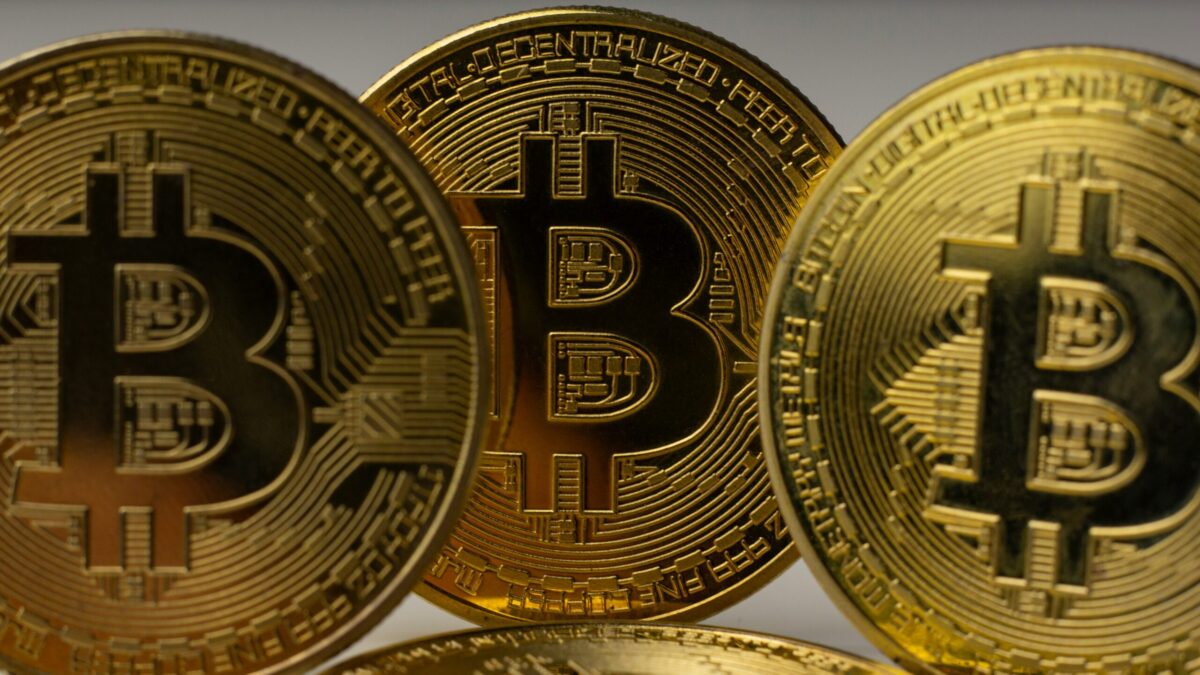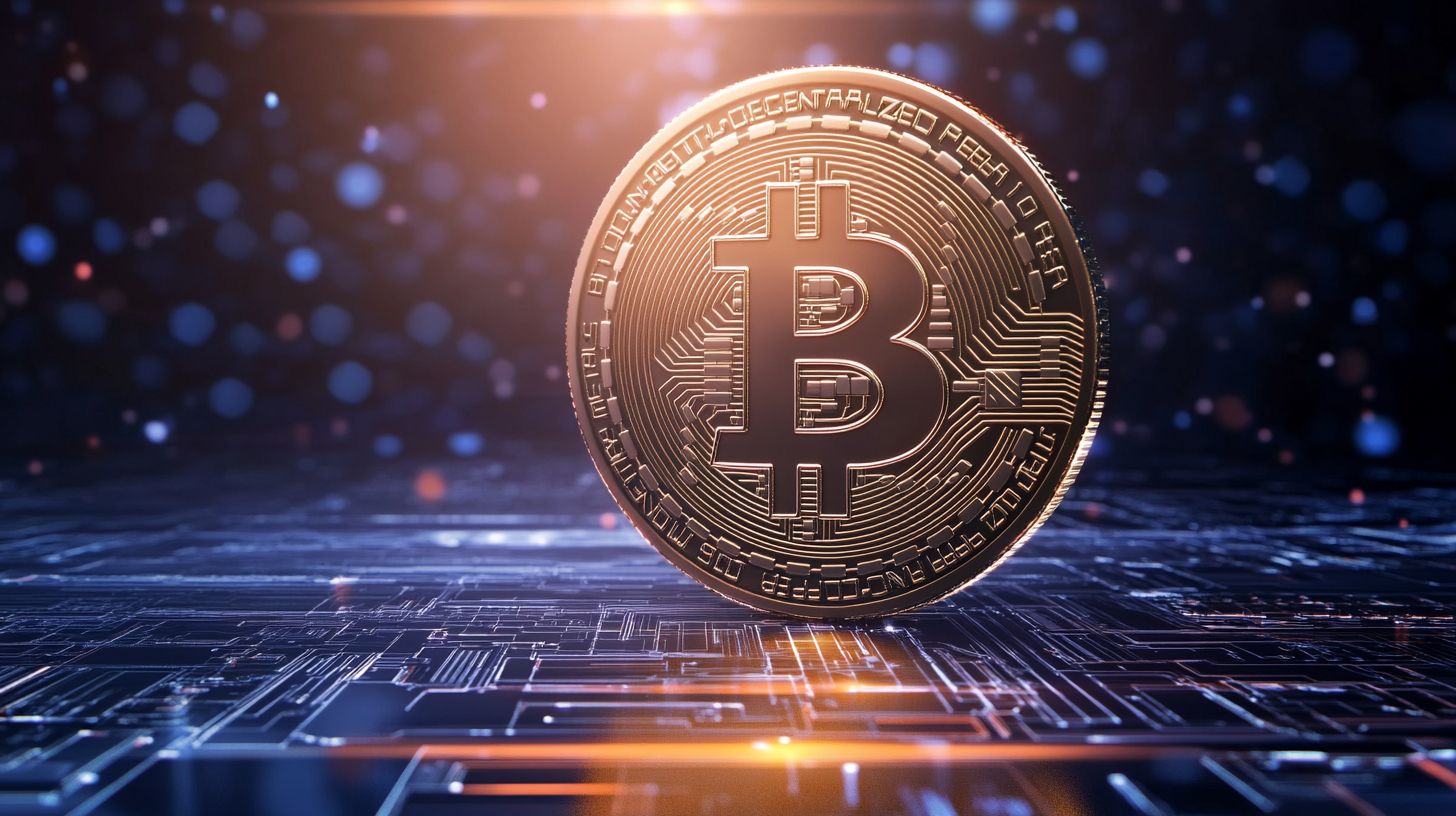The CEO of OpenAI and well-known name in tech world, Sam Altman, recently spoke about why Bitcoin ($BTC) matters. According to Altman, it’s important to have a global currency that isn’t under the control of any single government.
He therefore sees Bitcoin as a way to rethink how money works in today’s world. His support isn’t just about making money as he believes that Bitcoin stands for something much bigger.
It could lead to a new way of handling money—one where people don’t have to rely on banks or governments to control their financial freedom.
Unlike the US dollar or the euro, Bitcoin isn’t issued or managed by any central bank. That means no single government can change its value by printing more money or adjusting interest rates. This independence is a big reason why Altman finds it appealing.
Bitcoin also has a fixed limit—only 21 million coins will ever exist. That makes it different from regular currencies, which can be printed in unlimited amounts. This built-in scarcity protects it from inflation and gives users more control over their finances. For people who want to be free from government decisions about money, this is a big deal.
Altman’s message is clear: Bitcoin is more than a way to invest. It’s a step towards a global financial system where anyone, anywhere, can use money without restrictions. As more countries face economic problems and inflation, this idea is becoming even more important.
In Spain, the University of the Hespérides has launched the first-ever master’s degree focused only on Bitcoin. Unlike other courses that cover a wide range of blockchain topics, this programme is all about Bitcoin—its economy, technology, and regulation. The goal is to train experts who can work in Bitcoin-related fields and help build this new financial world.
Bitcoin’s price swings
Recently, Bitcoin’s price dropped after a strong performance. It fell below $92,000, reaching about 91,915 $USDT on Binance, one of the biggest crypto exchanges.
That’s a 2.44% decrease in a single day. But analysts say it wasn’t a major drop, especially given Bitcoin’s history of bigger swings.
One reason for the drop is global market uncertainty, especially related to policies announced by Donald Trump. After returning to the political spotlight, Trump introduced a new 10% tariff on all imports. He also introduced different rates for countries like China, Europe, and Japan.
These tariffs created confusion because they were not clearly explained. On top of that, there were rumours that he might try to remove the current Federal Reserve Chairman, Jerome Powell.
This kind of unpredictability tends to worry investors. When markets can’t plan for the future, they often react with fear. That fear leads to quick sell-offs, not just in stocks but also in digital assets like Bitcoin.
During this period of uncertainty, Bitcoin’s price dropped over 30% from its all-time high. But after a few key announcements, things started to calm down.
Trump’s team said they would reduce tariffs on Chinese goods, confirmed they weren’t firing Powell, and suggested they might raise the debt ceiling. These updates helped bring back some confidence in the market.
As a result, Bitcoin made a strong comeback. Its price rose by 21% and went back over the $90,000 mark. The overall cryptocurrency market also improved. It had dropped from a value of $3.75 trillion down to $2.3 trillion (a 37% fall). But then, it rose again by 22%, following Bitcoin’s lead.
In the past week, Bitcoin led the market with an 8.97% gain. Other notable cryptocurrencies also saw big increases. Sui ($SUI) jumped by 42.59%, Chainlink ($LINK) gained 14.33%, and Avalanche ($AVAX) rose 13.23%.
A few coins, like Unus Sed Leo and Tron, were still down slightly, with losses of 1.73% and 0.84% respectively. Despite these minor dips, Bitcoin continues to dominate the market with a 63.55% share.
Big companies and regulators make their move
While Bitcoin’s price goes up and down, some companies are making big decisions that could change the future of crypto.
Japanese company called Metaplanet has reached a big milestone, now holding over 5,000 Bitcoin as part of its business strategy. This is similar to what Strategy (formerly MicroStrategy) has done in the US.
Metaplanet’s total Bitcoin holdings are worth about $428.1 million. They’ve been buying Bitcoin throughout the year at an average cost of around $85,621 per coin.
Their most recent purchase added 145 more Bitcoins to their collection. They bought these at an average price of $93,327, spending roughly $13.6 million in total.
The company uses a unique measure called $BTC Yield to track how well their strategy is working. So far in 2025, their $BTC Yield is up 121.1%. That means their Bitcoin strategy has been very effective.
In the first quarter of 2025 alone, they saw a 95.6% increase in $BTC Yield. This figure focuses only on the gains from buying Bitcoin and doesn’t include other financial changes like share dilution.
CEO, Simon Gerovich, shared these numbers with his followers on X, saying the company is committed to becoming a global leader in Bitcoin investment.
Metaplanet has used the capital markets to help fund its Bitcoin purchases. They’ve used stock acquisition rights to raise money, which has allowed them to reach half of their 10,000 Bitcoin target.
Despite short-term drops in share price, Gerovich says the company remains focused on the long term. “Our trajectory towards becoming one of the world’s most valuable companies remains clear”, he said.
At the same time, regulators in the United States are preparing for a key meeting that could change how Bitcoin and other cryptocurrencies are handled. The US Securities and Exchange Commission (SEC) will host a roundtable on 25 April called “Know Your Custodian”.
The event will take place in Washington, DC, and will focus on one of the biggest challenges in crypto—how digital assets are stored and protected.
This topic is important because large investors want to know that their assets are safe. The new SEC Chairman, Paul Atkins, will lead the event, joined by other commissioners and experts from companies like Fireblocks and Anchorage Digital Bank.
SEC Commissioner, Hester Peirce, often referred to as “Crypto Mom”, said this discussion is long overdue. “It is important for the SEC to grapple with custody issues, which are some of the most challenging as we seek to integrate crypto assets into our regulatory structure. We look forward to hearing from experts on these important issues”, she explained.
The SEC has held similar roundtables in the past. These meetings often lead to changes in how markets operate. Industry experts expect this latest event to bring more clarity on custody rules, which could make it easier for institutions to invest in crypto.
Research from Coincu shows that more regulation might actually help the industry by reducing risks. As seen with delays in crypto ETF approvals, the SEC is being cautious—but their goal seems to be creating a safer, more trusted environment for digital assets.
Currently, Bitcoin is trading at around $92,178.55. It has a total market value of $1.83 trillion and remains the most dominant cryptocurrency in the world. The trading volume over the last 24 hours was around $37.6 billion, though that figure is down by 34.66%.
As companies and regulators continue to act, and as influential figures like Altman speak out, one thing is clear—Bitcoin is no longer just an experiment. It’s becoming a central part of the global financial conversation.


